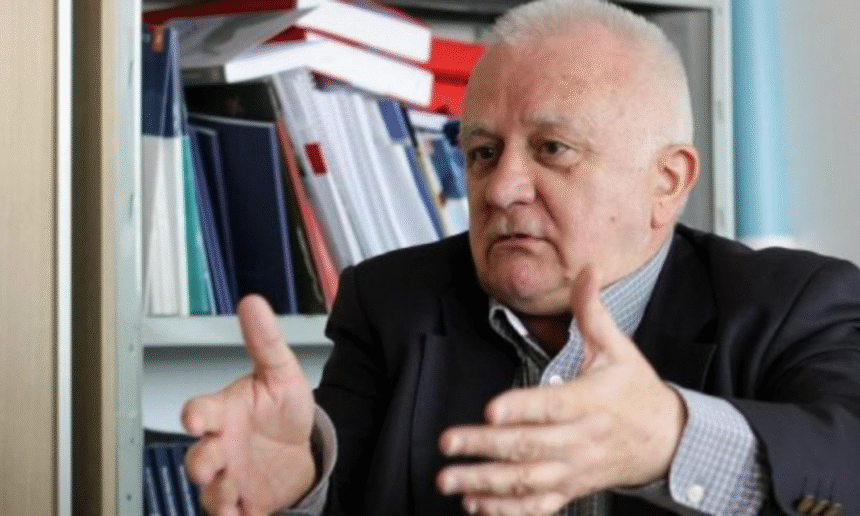The Director of the Forum for Ethnic Relations, Dušan Janjić, stated that official Belgrade has for years selectively interpreted its obligations under the Ohrid Agreement.
Regarding Serbian Foreign Minister Marko Đurić’s announcement that Serbia is “preparing to change the stance of part of the international community toward Kosovo,” Janjić stressed that this declaration raises the issue of violating commitments from the agreement, in which Belgrade had pledged not to obstruct Kosovo’s international affirmation.
While Foreign Minister Đurić warns that Serbia intends to exploit “Pristina’s diplomatic mistakes” to strengthen its position before Western partners, experts in Belgrade caution that this would mean violating agreements obliging Serbia not to hinder Kosovo’s international integration.
Janjić explained that although Serbia was not required to recognize Kosovo, it was obliged not to obstruct its recognition and international consolidation:
“This has been Serbia’s behavior since Vučić came to power. Since the signing of the Brussels Agreement, Serbia has reinterpreted obligations in its own way. If we take the Agreement on the path to normalization, known as the Franco-German plan, Serbia committed not to pursue an active policy against recognition and not to create obstacles for Kosovo. It was not forced to recognize Kosovo, but it clearly undertook to refrain from blocking the process.”
At the peak of debates at the UN General Assembly in New York, Kosovo once again returned to the spotlight.
During the Serbian delegation’s visit led by President Aleksandar Vučić, Minister Đurić declared that developments in Kosovo were “absolutely unacceptable” and that Serbia was “preparing to change the stance of part of the international community.” No further details were provided.
These statements have raised questions about whether Serbia is returning to lobbying against Kosovo, which would constitute a violation of the Ohrid Agreement. According to Janjić, such actions move the parties away from normalizing relations:
“This practice means Serbia violates both the letter and spirit of the agreement. With these actions, Serbia does not contribute to normalization; on the contrary, it distances itself from the process, showing it has no real interest in it. The reason is the lack of any positive news Serbian authorities can bring from New York or Washington.”
Analysts argue that Đurić’s statement was vague and aimed more at the domestic audience than international partners. Janjić emphasized that these were politically motivated messages:
“This is politically motivated behavior, intended primarily for domestic consumption, for that part of the electorate that expects a clear message that Vučić has not ‘betrayed Kosovo.’ This is mainly the right-wing electorate.”
Janjić also warned that Serbia’s attempt to link the issue of Kosovo with global topics, such as the recognition of Palestine, risks pushing Serbia into deeper international isolation and further distancing it from most Western partners.







